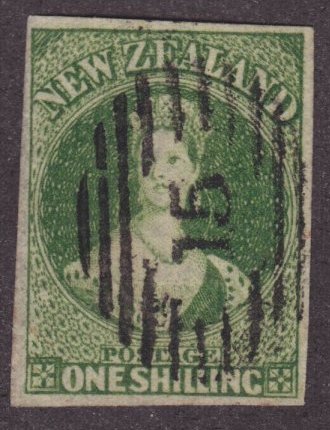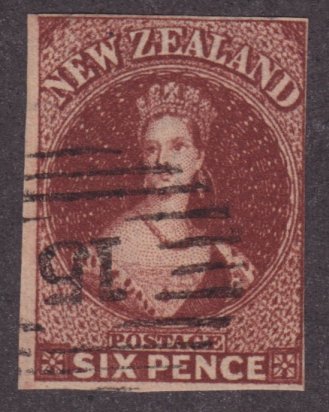
Discussion - Member to Member Sales - Research Center

Discussion - Member to Member Sales - Research Center


04:23:28pm
Of course, that only applies to within the USA.
But, if that is true, it might be illegal for a member to require payment by Paypal or to refuse to accept cash by mail.

Login to Like
this post

04:50:33pm
From the US Treasury website ( US Treasury):
"Legal Tender Status
I thought that United States currency was legal tender for all debts. Some businesses or governmental agencies say that they will only accept checks, money orders or credit cards as payment, and others will only accept currency notes in denominations of $20 or smaller. Isn't this illegal?
The pertinent portion of law that applies to your question is the Coinage Act of 1965, specifically Section 31 U.S.C. 5103, entitled "Legal tender," which states: "United States coins and currency (including Federal reserve notes and circulating notes of Federal reserve banks and national banks) are legal tender for all debts, public charges, taxes, and dues."
This statute means that all United States money as identified above are a valid and legal offer of payment for debts when tendered to a creditor. There is, however, no Federal statute mandating that a private business, a person or an organization must accept currency or coins as for payment for goods and/or services. Private businesses are free to develop their own policies on whether or not to accept cash unless there is a State law which says otherwise. For example, a bus line may prohibit payment of fares in pennies or dollar bills. In addition, movie theaters, convenience stores and gas stations may refuse to accept large denomination currency (usually notes above $20) as a matter of policy."

1 Member
likes this post.
Login to Like.
Our local Texas toll road authority only accepts their e-pass. Guys with
quarters are persona non grata.

Login to Like
this post

11:08:24pm
That is the thing I remembered, Bobby.
Especially the words; " ..... are legal tender for all debts, public charges, taxes, and dues. ...."
It makes me wonder if all the years I spent in school learning the language were a waste of time.
This reminds me of the IRS deciding in the late 1950s that "... exclusively.." really means " generally ' when enforcing certain parts of the Tax Code.
Thanks for digging it out as I am away from home and using a son's Apple laptop that wasn't made for my fingers.

Login to Like
this post
Silence in the face of adversity is the father of complicity and collusion, the first cousins of conspiracy..
09 Jun 2014
04:23:28pm
Is there not a statement on all US currency that requires that such currency must be accepted as legal tender for any debt, public or private ???
Of course, that only applies to within the USA.
But, if that is true, it might be illegal for a member to require payment by Paypal or to refuse to accept cash by mail.

Login to Like
this post
They who would give up essential Liberty, to purchase a little temporary Safety, deserve neither Liberty nor Safety. -Benjamin Franklin
09 Jun 2014
04:50:33pm
re: Paypal ------ Not, Part II
From the US Treasury website ( US Treasury):
"Legal Tender Status
I thought that United States currency was legal tender for all debts. Some businesses or governmental agencies say that they will only accept checks, money orders or credit cards as payment, and others will only accept currency notes in denominations of $20 or smaller. Isn't this illegal?
The pertinent portion of law that applies to your question is the Coinage Act of 1965, specifically Section 31 U.S.C. 5103, entitled "Legal tender," which states: "United States coins and currency (including Federal reserve notes and circulating notes of Federal reserve banks and national banks) are legal tender for all debts, public charges, taxes, and dues."
This statute means that all United States money as identified above are a valid and legal offer of payment for debts when tendered to a creditor. There is, however, no Federal statute mandating that a private business, a person or an organization must accept currency or coins as for payment for goods and/or services. Private businesses are free to develop their own policies on whether or not to accept cash unless there is a State law which says otherwise. For example, a bus line may prohibit payment of fares in pennies or dollar bills. In addition, movie theaters, convenience stores and gas stations may refuse to accept large denomination currency (usually notes above $20) as a matter of policy."

1 Member
likes this post.
Login to Like.

re: Paypal ------ Not, Part II
Our local Texas toll road authority only accepts their e-pass. Guys with
quarters are persona non grata.

Login to Like
this post
Silence in the face of adversity is the father of complicity and collusion, the first cousins of conspiracy..
10 Jun 2014
11:08:24pm
re: Paypal ------ Not, Part II
That is the thing I remembered, Bobby.
Especially the words; " ..... are legal tender for all debts, public charges, taxes, and dues. ...."
It makes me wonder if all the years I spent in school learning the language were a waste of time.
This reminds me of the IRS deciding in the late 1950s that "... exclusively.." really means " generally ' when enforcing certain parts of the Tax Code.
Thanks for digging it out as I am away from home and using a son's Apple laptop that wasn't made for my fingers.

Login to Like
this post

